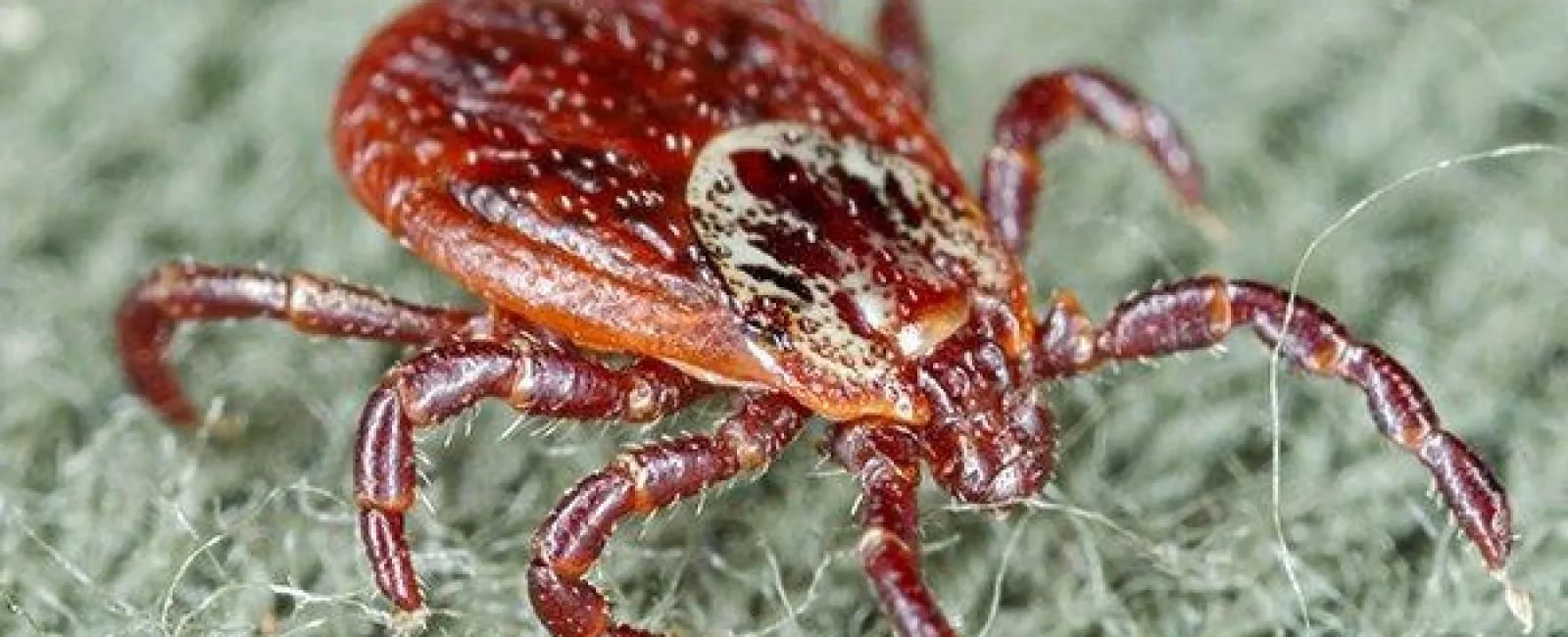Ticks are part of the reason Centerton residents might second-guess spending time outdoors. Many will consider forfeiting a camping trip, a hiking excursion, or laying out on their lawn due to these nasty parasites. Ticks are super little bugs that sneakily tack onto your skin and drink your blood. When they target animals, they’ll grab fur. It’s scary enough to think of one of these pests latched on and sucking your blood, but on top of that, you could catch one of the over 15 illnesses and infections they transmit in the process.
Given the risks that come with ticks, it’s important to study up on identification and prevention tactics. You definitely don’t want to wait until there’s a problem. Using these four tips and services from Alder Pest Control, you’ll know how to protect yourself and the animals you care for.
Tip #1: Look At The Lawn
As you probably already know, ticks are outdoor fellows. Their nesting and breeding is best supported in humid areas populated by wildlife and rampant with organic material. For example, a farm, field, or overgrown forest. Shady pockets are ideal. This in mind, leaving your yard unkempt is unwise. Be sure to cut the grass often, and trim shrubbery. In fact, all greenery should be groomed regularly. Dispose of any debris or rotting matter, like dead leaves.
The most common ticks in Centerton are:
- American dog ticks: This species is also known as wood ticks. The eight-legged bugs range in size from 0.14 to 0.20 of an inch long with females reaching 0.59 of an inch after feeding.
- Black-legged ticks: These are brown or reddish-brown, and have four pairs of legs. They’re about the same size as the American dog ticks. However, their females are only 0.39 of an inch when they’re full of blood. Since they favor deer and livestock, they’re sometimes called deer ticks.
- Lone star ticks: While this type also has eight legs, they’re distinguished by their white body marks. The females have a single white circle on their back.
Tip #2: Pick Clothes Carefully
Wear pants and a long-sleeved shirt if you and/or your pet are going somewhere potentially tick-friendly. Also, don high socks and boots. Afterward, check your animal’s fur, and your clothes and skin before heading back indoors.
Tip #3: Groom Your Pet
Your pet’s coat should be inspected, cleaned, and trimmed on a routine basis. Stay in contact with a veterinarian regarding preventive tick care and treatments.
You should know the following about tick bites:
- How It Might Feel: Ticks typically go undetected because their bites are painless. The only way to know they’re around is to look for them. That’s why examining your skin and clothes is pertinent when you’ve been outside.
- What Could Happen: Developing Lyme disease, ehrlichiosis, tularemia, Rocky Mountain spotted fever, Colorado tick fever, and/or the Heartland and Powassan viruses are all a possibility. These are just a few of the conditions you or your pet could contract. Some fatalities have been reported, so it’s necessary to seek medical attention if you have suffered a tick bite.
Tip #4 Call Alder Pest Control About Tick Extermination
You shouldn’t procrastinate withtick control or take it lightly. At Alder Pest Control, we have the proper stalwart tools to eliminate these biting parasites. Further, our proficient technicians have the products to create exterior barriers. Ticks won’t be interested in being on your property once we’ve treated it.
We pride ourselves on our flexibility and customer consideration. We offer cost-efficient plans, same-day visits, pest-free guarantees, a personalized experience, and more. Don’t let yourself be vulnerable to ticks! Protect yourself and/or your pet! When you call today, you’ll receive a free inspection! Give us a ring! You won’t regret it.

